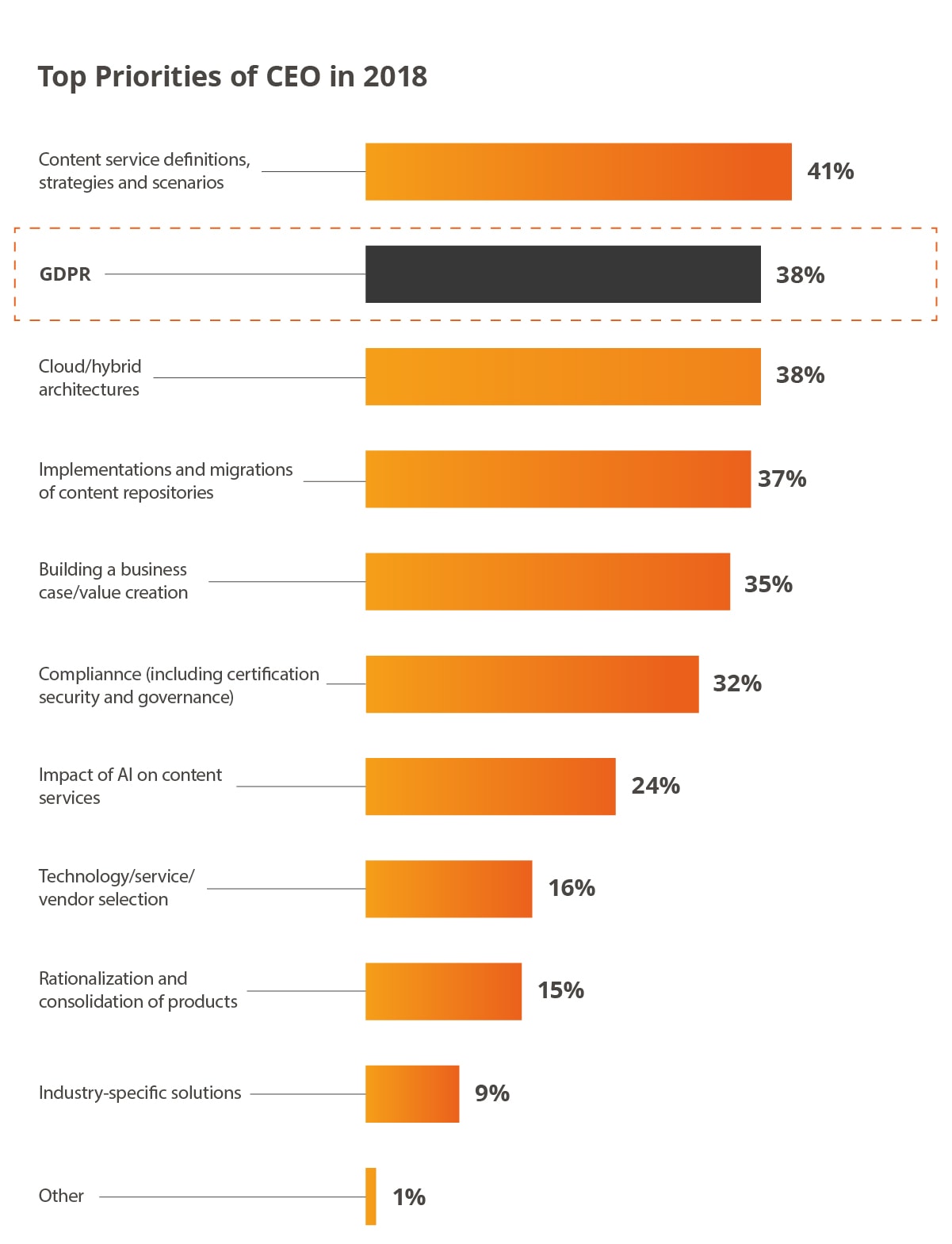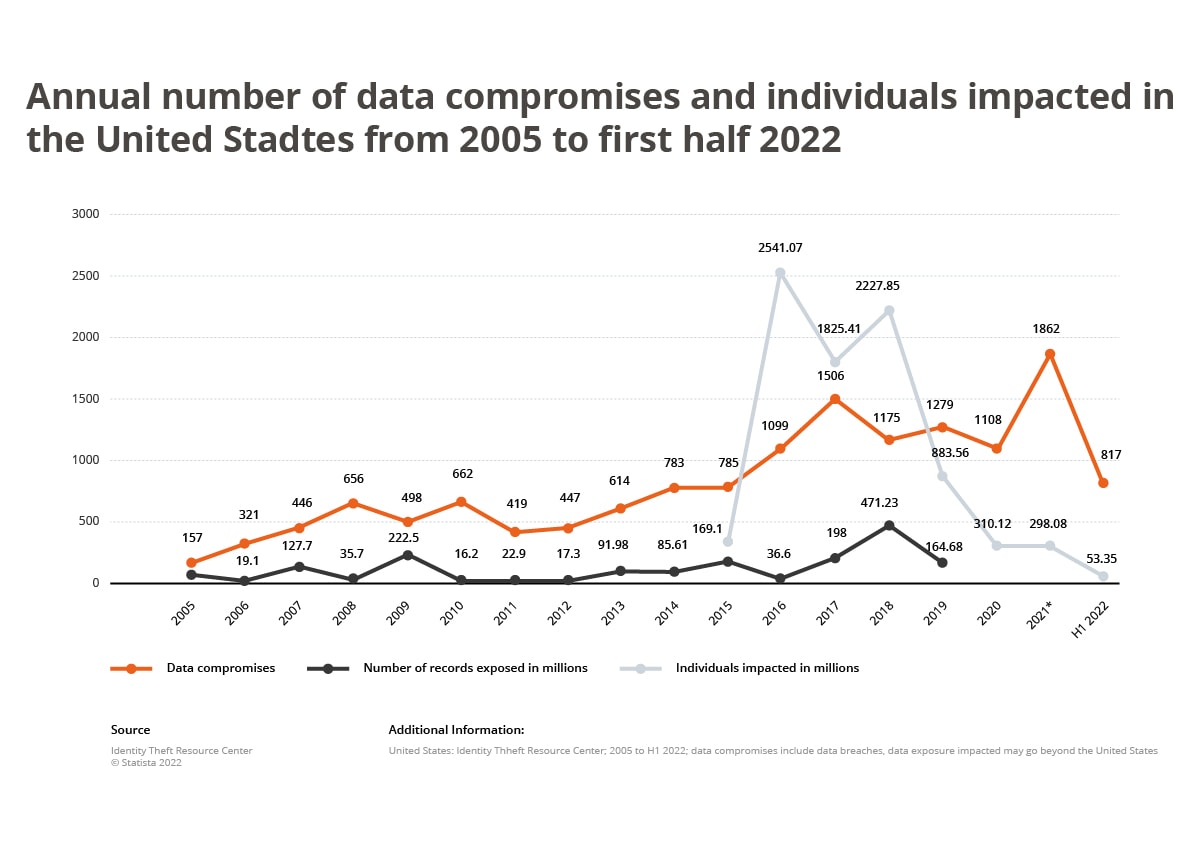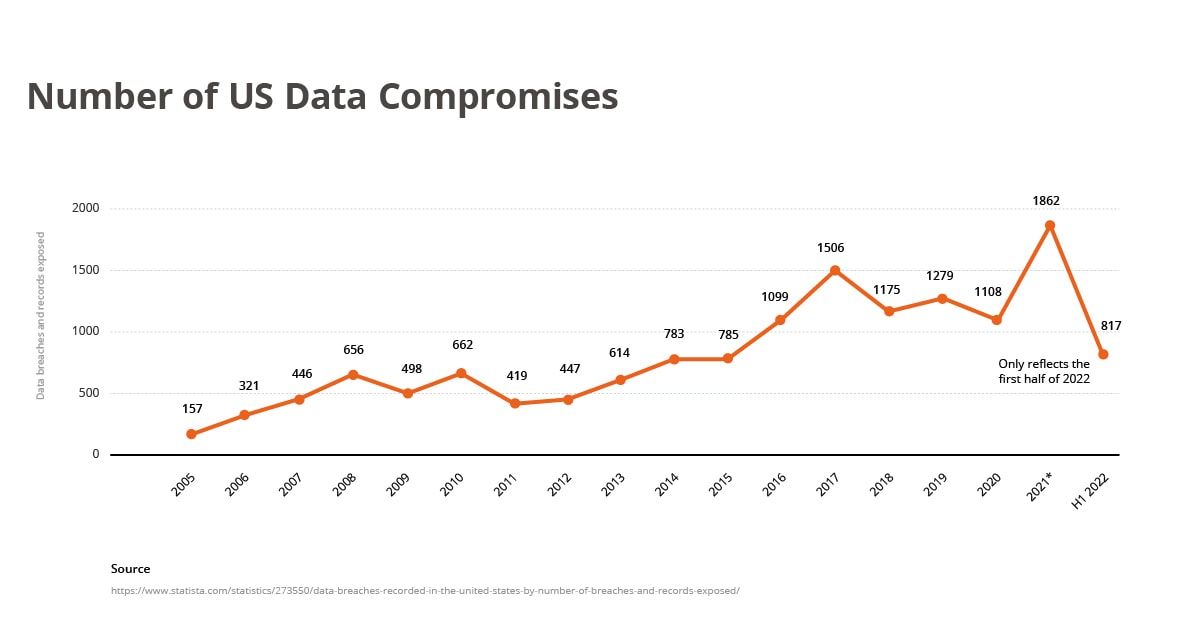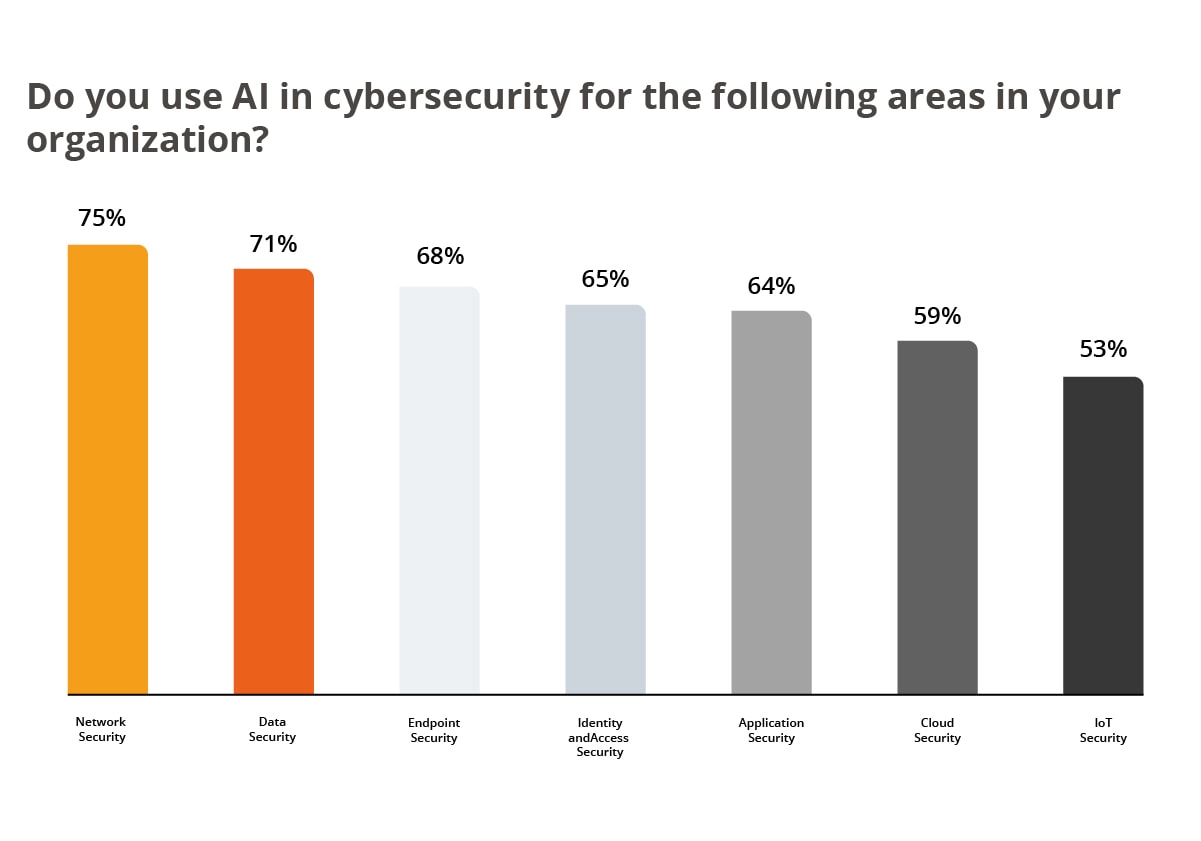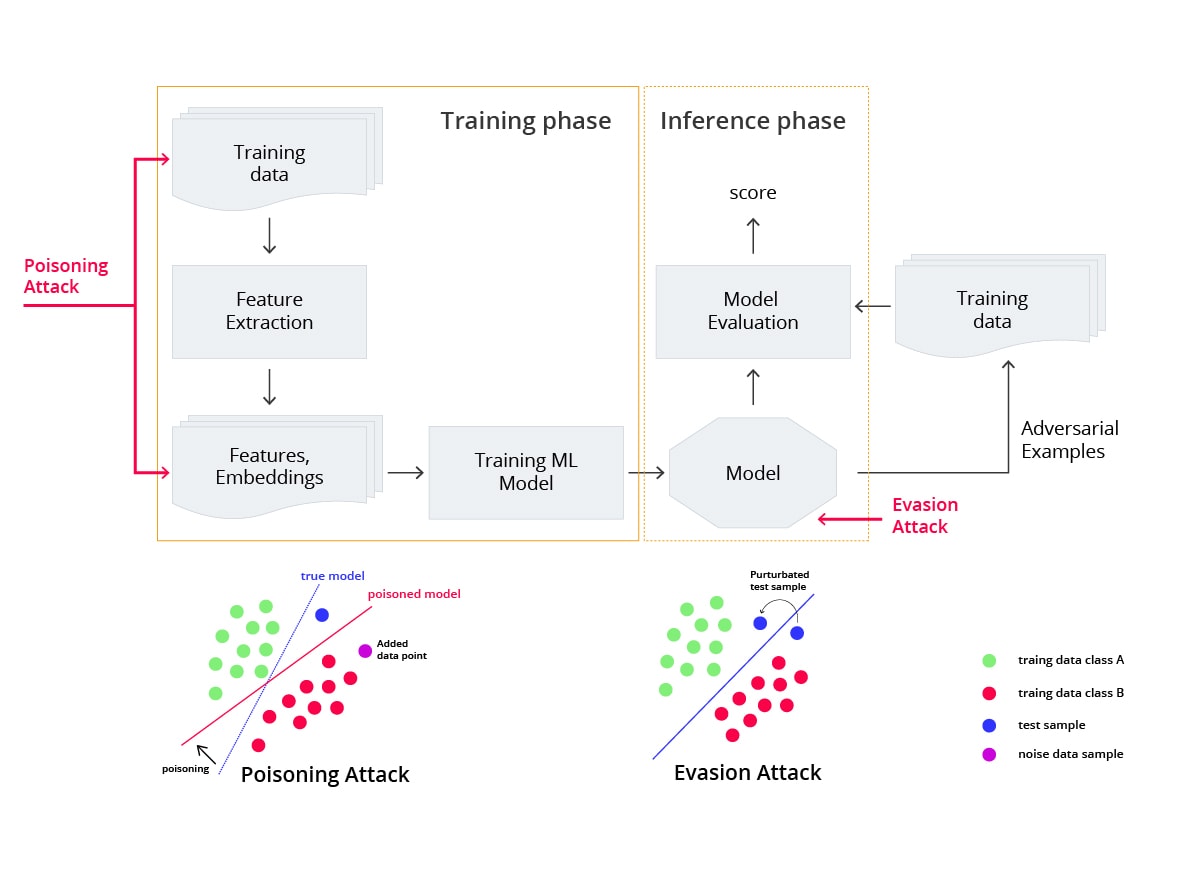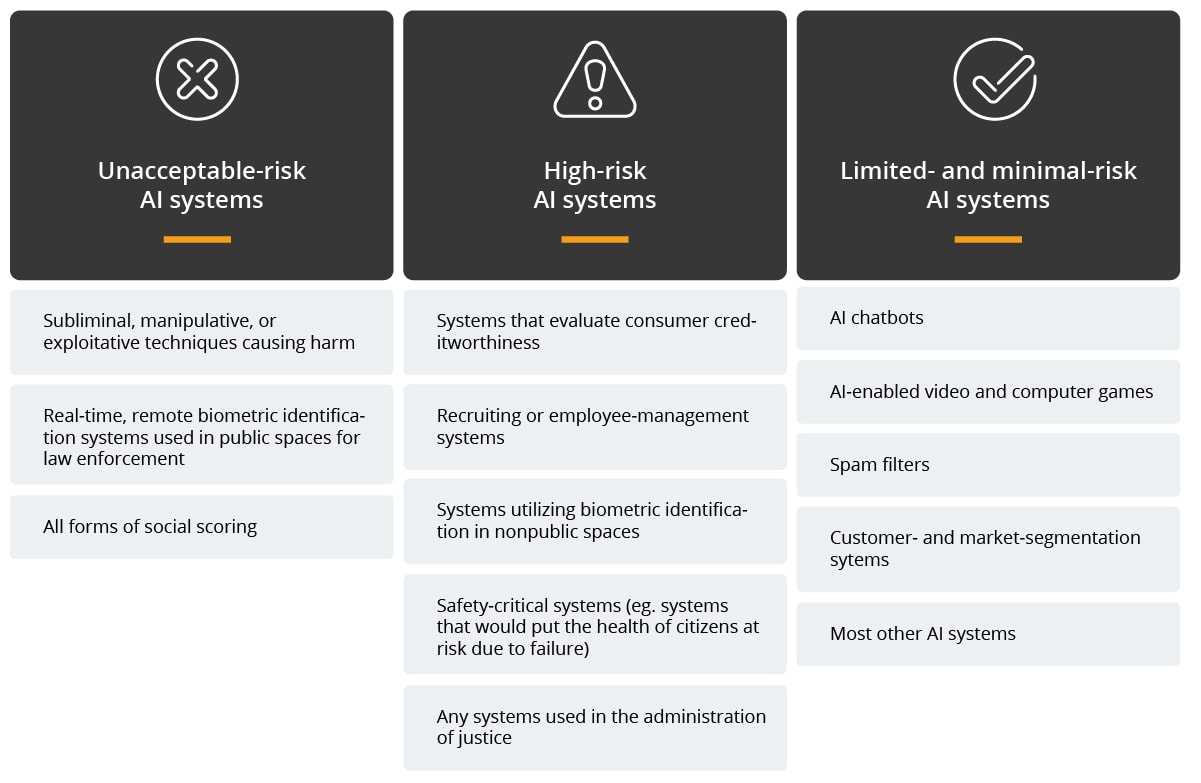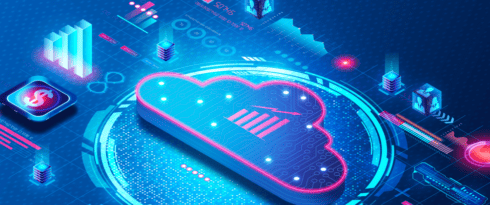
The implementation of Artificial Intelligence into cloud security
Artificial intelligence and its implementation have become more and more necessary when it comes to maximizing business operations and profits from them.
Cloud security has become more prevalent due to the rise in cloud computing services being utilized; this has required a large-scale reevaluation of cloud security measures and how they can be improved for business use.
Implementing Artificial Intelligence (AI) into cloud security is not an extremely difficult process, but it is a necessary one for cloud security to improve over time. Before this is done, however, careful research must be done on considerations before implementing, how AI improves cloud security, and any privacy concerns that can result from such implementation.
Considerations before implementing
Today, Artificial Intelligence is being applied to many industries. The UK is currently funding 70 national projects with the goal of launching self-driving cars, and the UK National Health Service is keen on using AI to diagnose and treat a variety of illnesses, from cancer to heart disease. While the benefits of AI implementation make AI seem like it must be adopted, there are many other circumstances that must also be considered. For example, AI solutions are often criticized for stealing jobs, and people fear it may cause mass unemployment if it keeps growing. Furthermore, industries like healthcare may require a more human-like approach that AI is unable to offer.
A general consideration before implementing an AI system or solution is the size of the organization. For big organizations with many resources, AI security may not be an issue due to a larger team of security analysts. However, small businesses may need to consider how to implement cloud security if it is their first time doing so.
Another general consideration is how the technology will be used based on a business’s needs. Oftentimes, making improvements to an organization’s current technology adoption may allow them to use its current systems more effectively. Therefore, AI cloud security systems are not needed in such circumstances.
Security Considerations of AI
While most businesses may use AI security services to enhance security, it is important to consider the risks of threats to AI. Adopting AI may seem exciting, but it is crucial to keep security in mind at all times.
AI systems are designed to evolve and learn on their own. Therefore, it makes it harder to know if something is abnormal in the system or not. Additionally, AI has the potential to help a hacker by locating the information they desire. For a hacker, finding information fast is vital because it allows them to minimize their risk of getting caught. Overall, consider that AI is vulnerable to security events that are difficult to discover.
AI and GDPR Compliance
Another consideration is whether a business can implement AI systems that are GDPR compliant. As seen in the graph below, GDPR compliance is a top priority for CEOs and their companies. The GDPR prohibits businesses from storing unnecessary data on individuals. However, an AI system works by collecting large amounts of data to discover patterns. Therefore, an organization’s use of personal data should be considered before implementing AI into cloud security platforms.
Ready for Implementation
Artificial Intelligence, along with machine learning, is showing no signs of slowing down. Therefore, now is a vital time to decide if an organization can take advantage of this growth or not. Before implementing AI into cloud security, a business must consider the benefits and critiques of AI, the size of their organization, the business’s needs, the security considerations of AI, and whether the organization has the capacity to be GDPR compliant.
Solving complex problems with AI
AI vs. ML
While Artificial Intelligence and machine learning are often used interchangeably, their differences are far greater than most people and businesses think. AI is more similar to human learning when adopting a new behavior without a previous frame of reference. On the other hand, ML is a subset of AI, and the algorithms of ML are predefined for a specific data type and an expected output. Therefore, ML can be defined as fixed algorithms within AI that can learn and postulate.
AI is defined as a step above ML because it can actually play a role in developing new algorithms for itself to analyze data.
AI strengthens cybersecurity
Previously, it was stated that AI is vulnerable to security attacks on an AI system. However, it can also strengthen cybersecurity. It is a known fact that humans are bound to make mistakes and overlook certain situations. However, AI security systems have the ability to detect abnormal behaviors or mundane events that are usually overlooked. Furthermore, AI will protect the cloud by knowing everything that is going on behind the visual side of the cloud.
Because AI models human behavior, it can notice activity that is most likely a result of human malfeasants rather than normal machine behavior. AI can also run simulations for possible security breaches and take measures to prevent them from happening. Apart from predictive analytics, Artificial Intelligence can learn from previous security breaches and analyze attack strategies that may happen again.
The outcomes of using AI to improve Cloud Security
There are six outcomes of using AI to improve cloud security. The first outcome is that AI makes data sets manageable with the ability to sift through and analyze vast quantities of data. Second, AI reduces stress which, in turn, reduces mistakes. Technology is known to lessen the load on humans by automating systems and carrying out tedious and rudimentary tasks flawlessly. System automation is the third outcome because AI can minimize repetitive work.
The fourth outcome is that a reliance on AI solutions reduces analyst burnout from making lots of decisions. Fifth, AI can detect advanced persistent threats in threat-hunting exercises and can operate unsupervised in controlled circumstances. The sixth and final outcome is that as the implementation matures, AI can be trusted to preside over entire classes of security situations that previously required human intervention.
As seen in the graph below, the amount of data compromise on businesses and individuals is on a downward trend due to the introduction of AI-powered security solutions. Therefore, the future of implementing AI to cloud security is bright.
Diversify Cloud Security Solutions
While AI is an effective and reputable mitigation strategy, it should not be the only solution that an organization deploys. Even though security systems and security services can be automated, nothing will replace the need for security analysts and cyber forensics that specialize in a deeper search for malfeasants. However, AI will still evolve to become an even more useful resource and is sure to strengthen security services in the coming years. Therefore, keep in mind the considerations of implementing AI cloud security solutions.
How AI improves Cloud Security?
In the era of big data, the human brain is out of its depth when it comes to protecting and monitoring the vast digital ecosystem that is built when businesses work within the cloud. As digitization continues and firms expand their cloud infrastructure, more and more access points have led to an unmanageable level of vulnerabilities for all companies. As a result, cyberattacks have increased dramatically in recent years. However, one potential solution has emerged to combat this problem. Artificial Intelligence and machine learning have begun to solve security challenges by overcoming the limits of a purely human security team.
What areas will see improvements?
Three main benefits of implementing AI cloud security software with other cyber security measures are automated systems, predictive analytics, and data management. While this is not an exhaustive list of gains, it is a great place to start addressing the aforementioned attacks.
Automated Systems
Many of the gains generated by AI and machine learning come from the benefits of automated systems. AI can filter out noise to allow human security professionals to focus on specific and targeted problems rather than unrelated events. By carrying out threat detection and event detection, AI removes a massive workload from the security team, who no longer has to identify threats, just resolve them. Artificial Intelligence also makes better decisions than any cybersecurity professional. With precise decision-making enhanced by neural network technologies, AI can match and exceed the capabilities of human actions and reduce user errors.
Predictive Analytics
More than just enhancing cloud security by reacting to cyber attacks and overseeing intrusion detection, Artificial Intelligence can predict future events and security threats through predictive analytics. Predictive analytics deals with making predictions about future events based on historical data. It can be used to identify potential threats and vulnerabilities as well as to detect anomalies in network traffic that may indicate a security breach. It can map potential ways to improve security and help businesses prepare for future attacks before they even begin.
In the cloud computing environment, the predictions help monitor user activity and identify unusual patterns that may indicate malicious intent. By using predictive analytics, organizations can improve their ability to detect and respond to cyber-attacks. As the use of cloud computing continues to grow, so too will the need for effective security solutions that make use of these security services.
Data Management
The era of big data has made data management one of the biggest concerns for companies in the modern business landscape. With vast quantities of unstructured data being captured, Artificial Intelligence is needed to make use of all the information. Natural language processing works to understand data much in the same way that humans can. Cloud providers and users are able to utilize NLP to improve cloud security by processing and extracting useful trends from data. By implementing machine learning techniques like reinforcement learning, cloud security platforms are continually becoming stronger and less permeable as they grow with new data.
These security systems have only recently left the training phase and are already providing massive boosts to cloud security. However, the question remains whether the growth of cloud service and the corresponding demand for cyber security will outpace the developments in security services.
Privacy Concerns
As Artificial Intelligence (AI) continues to become more advanced, there are several concerns about how such technologies will impact our privacy and security measures. For example, if AI is used to monitor our online activity for deep learning, it could be used to collect sensitive data about our personal lives. Additionally, if Artificial Intelligence is used in automated technologies to create self-driving cars in the future, there could be potential risks if hackers attempt to attack these systems, as collecting data will make an AI-driven system more vulnerable to cyber threats that could destabilize entire AI-based solutions.
Also, AI systems made to detect attacks and initiate an automated response can be fooled by sophisticated attackers, as some hackers have powerful hacking tools to perform different cyberattacks, such as evasion attacks or poisoning attacks. Some people are under the illusion that Artificial Intelligence solutions are foolproof, which is a fallacy. Artificial Intelligence can be tricked and bypassed by good attackers, but this assumption of perfect security can cause companies to become complacent in event detection and event prediction, leaving themselves open to easily breached computer networks.
Finally, Artificial Intelligence can introduce new risks and vulnerabilities if not used properly. Just like any improperly configured system, a mismanaged AI solution can introduce potential security vulnerabilities in security platforms, leading to a poor automated response by the corresponding defenses of a particular company.
GDPR
With the release of the General Data Protection Regulation (GDPR) earlier this year, many experts have observed that the use of AI is at odds with the new data security regulations.
The European Union’s draft AI regulations classify AI systems into three risk categories.
Going through the new GDPR regulations, one can see how AI might have some innate cloud computing security issues. GDPR prohibits businesses from storing unnecessary data on individuals, which can prevent many businesses from collecting big data and running predictive analyses. AI systems, on the other hand, work by collecting vast amounts of unstructured data to try and identify patterns in customer and employee behavior.
AI systems and machine learning (ML) systems are also not rule-based, meaning there is no way of knowing what the outcome of collecting the data will be. This makes it impossible to gain explicit consent for the use of the data before it’s been processed, which is compulsory under GDPR.
GDPR also states that individuals have the right to have their personal data deleted and protected by security platforms. Since AI systems are full of sensitive personal data, businesses would need to be able to extract and delete individual information if requested, which is a problem due to the vast amount of big data collected.
However, the cloud computing security of traditional cloud computing systems would make complying with GDPR become less problematic. These systems would only store the data that you need in stable cloud environments maintained by the cloud services of a cloud provider, meaning companies, such as those in the IT industry, would easily be able to inform clients about what and how data is being used and gain explicit consent. A traditional cloud system would also make it easy to locate and manually delete all data if requested by a client, as a traditional system already makes use of automated technologies to comb through data and identify patterns for deep learning, which makes it easier to go in and extract from unstructured data.”
Conclusion
In conclusion, Artificial Intelligence can become a great asset to improving cloud security and a company’s digital transformation due to the vast benefits it would bring towards improving its business processes in general. However, it is important for businesses to recognize the important considerations that must be taken before AI is implemented in cloud security.
Implementing AI to allow for improving cloud security is not necessarily the perfect solution to cloud security issues. Businesses must be aware that cloud security software must continue to improve in order to prevent attacks from new threats. AI is just one step towards the future of cloud security.
